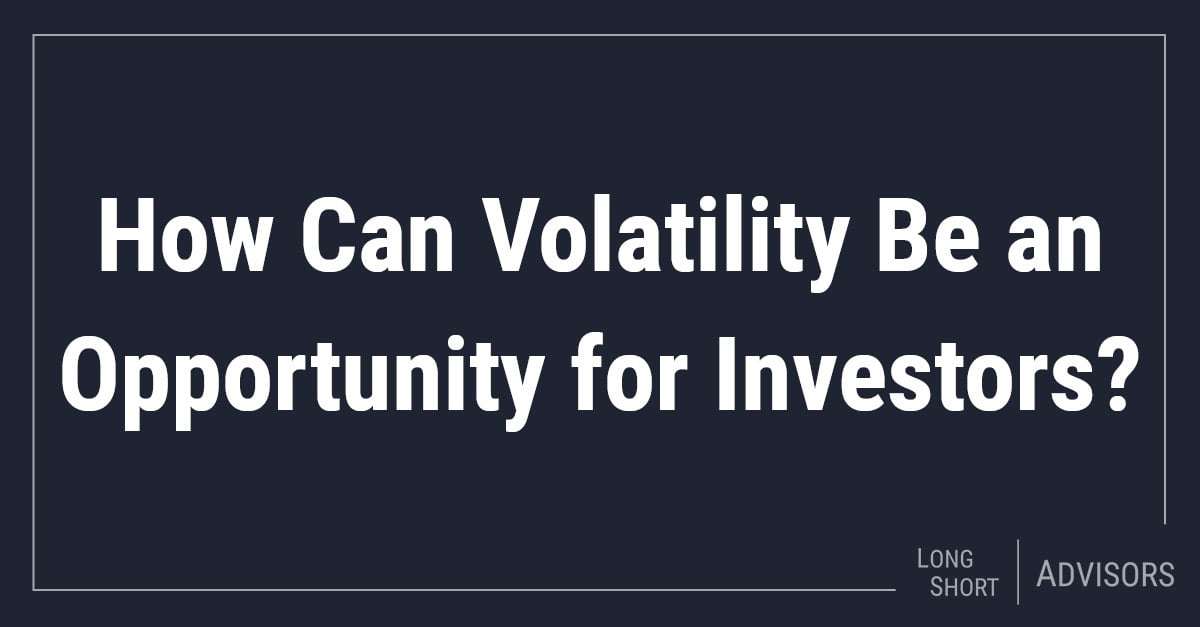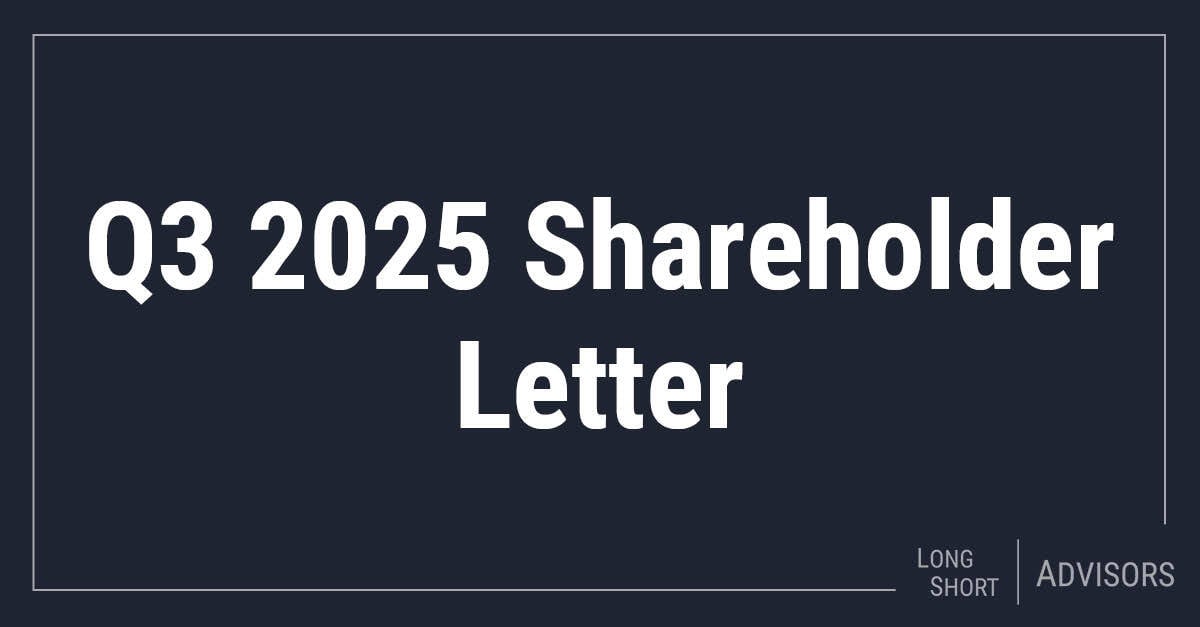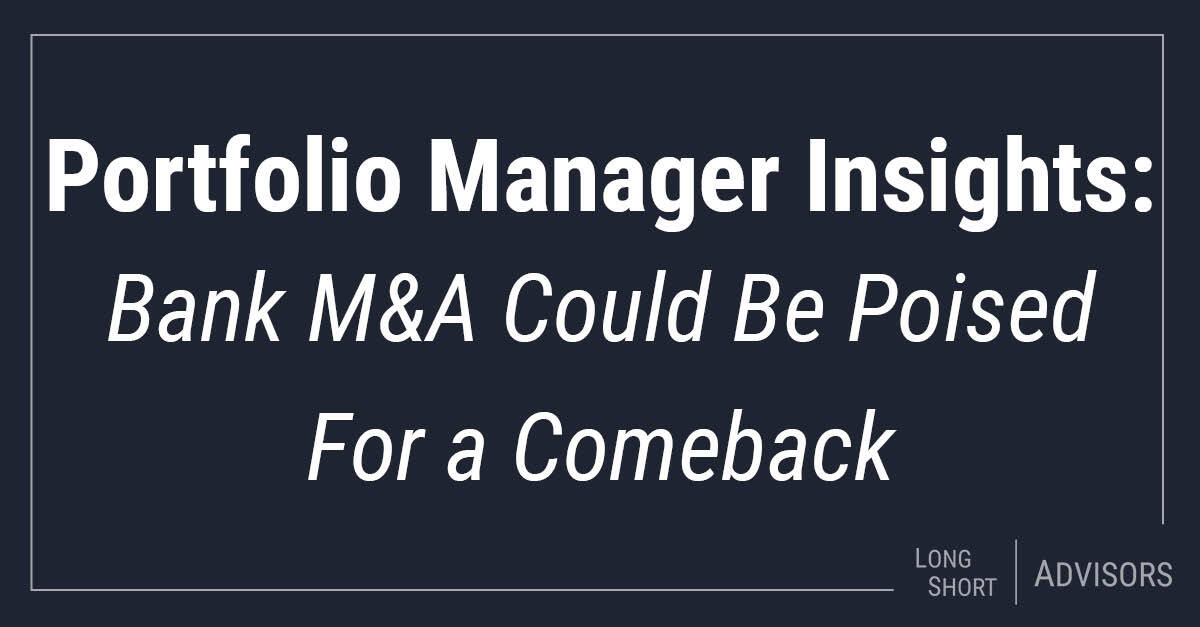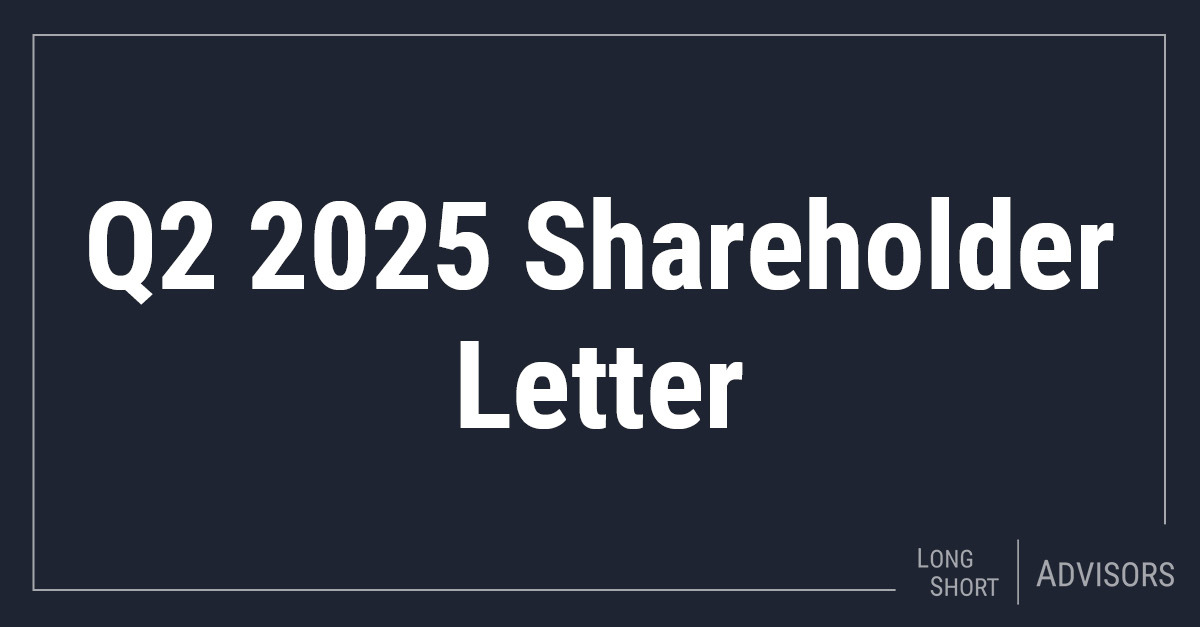Insights from Prospector Partners, Sub Advisor to the LS Opportunity Fund.
For many investors, the word “volatility” conjures images of whipsawing markets, plummeting portfolios, and sleepless nights refreshing stock tickers. And lately, thanks largely to policy changes out of Washington, volatility has returned with a vengeance.
The headlines have been relentless, and the market reactions even more so. For many, this feels like chaos, but for us, it feels like opportunity. This is precisely the environment where active managers earn their stripes.
Opportunity in Motion
Not surprisingly, investors are asking, “How do you navigate a market like this?” Our answer: we lean into what we’ve always done. We’ve spent the past 25+ years as disciplined, value-oriented investors. We don’t chase headlines, and we certainly don’t chase the index. Instead, we focus on doing the work—carefully selecting businesses that we believe can weather uncertainty and thrive over the long term.
When the market is erratic and other investors are jumping from one sector to another, we stay grounded, viewing volatility as a chance to upgrade our portfolios. Every day, we review our portfolios for opportunities to use volatility to our advantage—trimming lower-conviction ideas and reallocating to higher-conviction ones. These aren’t big moves. Instead, we’re methodically building and reducing positions, little by little and always with a long-term lens.
What We’re Doing Every Day to Stay Ahead in This Market
In times like this, we also remind investors that the market doesn’t always discriminate. Everything tends to go down together during broad market selloffs—good companies and weak ones. That’s when we dig in to separate what’s fallen on sentiment from what’s deteriorated on fundamentals.
Passive investment strategies, which simply replicate the index, offer no such distinction. They don’t distinguish between the bank with strong credit underwriting and the bank exposed to mounting loan losses. Or a company innovating around health trends versus one at risk of an ingredient ban hitting its bottom line
The Prospector Playbook at Work
At the heart of our process is a relentless focus on balance sheets and cash flows. We are allergic to debt and far more conservative than the average investor. For instance, we focus on debt-to-cash flow versus debt-to-EBITDA, and we recognized things like underfunded pensions and non-cash stock compensation as actual costs.
In a market full of question marks these distinctions matter. They’re the reason that, while we aim to participate in upside, we’re also positioned to lose less when markets decline. That balance has been the foundation of our approach for more than three decades.
We understand that, for many investors, this kind of volatility feels unnerving. But for us, it’s a backdrop we know well and that plays directly into the strengths of our style.
A Time-Tested Approach
Although markets and headlines change, our investment philosophy does not. We’ve navigated booms, busts, and everything in between by sticking to the same playbook.
We believe active management isn’t just a nice-to-have, it’s a must-have—especially during periods of market volatility. It allows us to make the distinctions that passive funds simply may not. It allows us to preserve capital when others are forced to ride the index down. And it allows us to seize opportunities when prices disconnect from fundamentals.
Navigating Market Volatility FAQs
- How does your investment team identify undervalued opportunities during market volatility?
We view volatility as a mechanism that reveals mispricing. Our approach is to dig into balance sheets and cash flows to identify companies whose fundamentals remain strong despite short-term price declines. This allows us to upgrade the portfolio during periods of dislocation. - What are the key advantages of active management compared to passive investing in down markets?
Unlike passive strategies, which are forced to hold everything in the index regardless of quality, we actively separate the fundamentally sound from the structurally weak. That selectivity helps us manage downside risk while still participating in the upside over time. - What role does active portfolio management play in your long-term investment performance?
Active management enables us to respond to change—not react to noise. It allows us to pursue asymmetrical outcomes: minimizing participation in broad selloffs while maximizing exposure to durable businesses mispriced by the market. That’s where we believe long-term alpha is found. - How do you manage investment risk during policy changes and macroeconomic uncertainty?
We maintain a conservative posture—favoring strong balance sheets, low leverage, and real cash flow. We trim exposure to companies whose businesses are influenced by macro factors and allocate more to those with resilient, idiosyncratic drivers. Our risk management is baked into every portfolio decision. - How has your value-oriented investment philosophy performed across different market cycles?
Our process has been consistent for over 25 years, through bull markets, recessions, and everything in between. We don’t pivot based on the latest trend—we apply the same disciplined lens to every environment, which we believe is key to compounding capital while managing risk.
Prospector Partners is not affiliated with Ultimus Fund Distributors, LLC.







